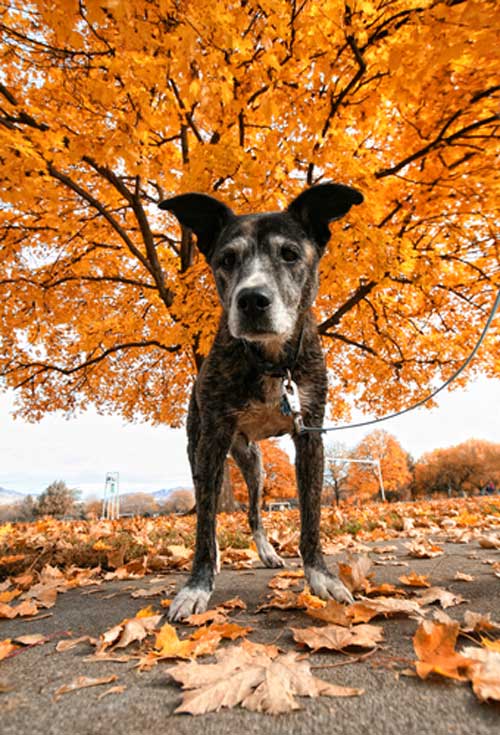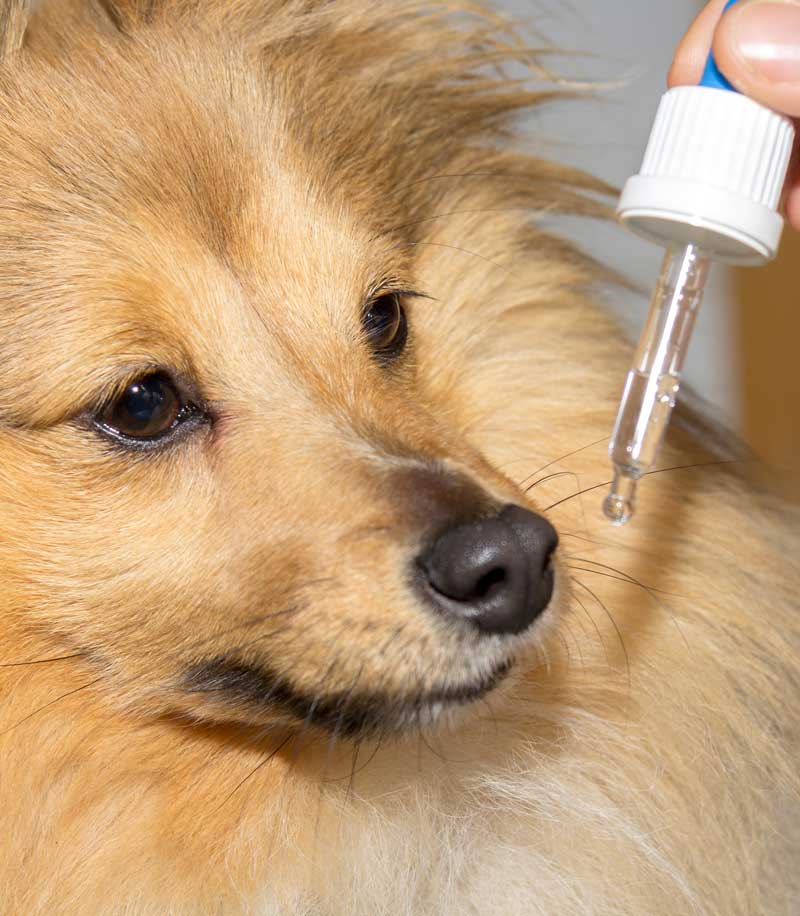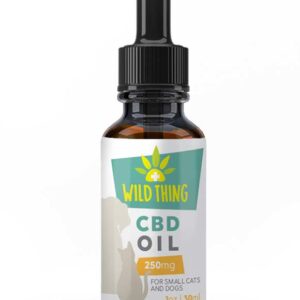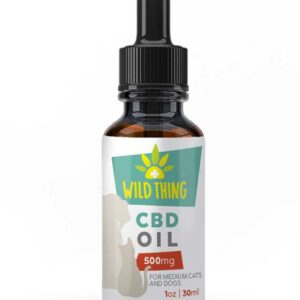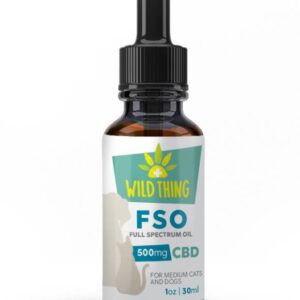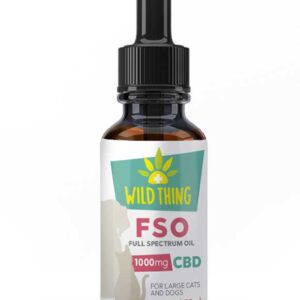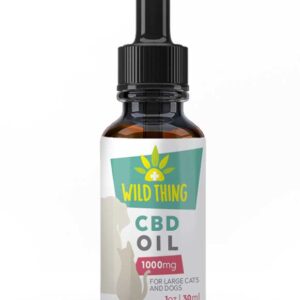It’s a subject all dog owners dread: your dog is getting old. As our canines shift from being active and healthy to aged and geriatric, families can struggle to come to terms with the effects of aging.
When our dogs get ‘long in the tooth’, there are many changes to their health that can be difficult to adjust to. Senior life usually means less walks, less play time, more sleeping and an increase in weight. A whole host of other health problems can creep up on your dog once they reach the age of 7+, but on average most dogs will suffer from at least one of arthritis, dementia or cancer.
What changes can you expect when your dog hits the ‘geriatric milestone’ at age 7-9? For one thing, it is definitely dependent on your dog’s breed, genetics and overall health. Typically, small breed dogs live 12-15 years whereas larger breed canines average around 10-12 years. The age at which your dog become ‘geriatric’ depends upon numerous factors, but regardless of when your dog shows signs of slowing down it’s important to know the requirements for this new(old) stage of life.
Article Guides:
How To Calm Hyperactivity In Dogs
Heart Disease In Dogs
Hip Dysplasia In Dogs
Senior Canines
Symptoms of Geriatric Life for Dogs
Similar to when grandma and grandpa move into a Senior’s home, geriatric life for dogs can happen suddenly and change your dog’s quality of life very quickly. It can seem like one day your pooch is catching frisbees in the park, and the next he/she won’t even perk up at the mention of a “walk”. How your dog is affected by aging is determined by breed, diet, health and fitness but even the most dedicated pet owners can struggle when their dogs start to suffer the effects of aging.
The signs that your dog is becoming geriatric are usually obvious. Increase in weight, grey muzzle/fur, increased napping or longer periods of sleep, reduced physical activity and sometimes a major change in appetite.
One of the most frequent problems geriatric dog owners deal with is the increase in urination and defecation. “Accidents” rise in severity and frequency when canines get older and aren’t able to control their bodily functions. Vomiting, food allergies, and the inability to cope with stress can also cause friction between senior dogs and their owners. The cyclical nature of life, for both people and pets, means that owners can expect many of the issues associated with puppies are likely to return as a dog ages. It is very important to remember that your dog is not misbehaving on purpose; aging is a symptom of the wear-and-tear of life and not a behavioral choice.
It is also common for senior dogs to experience neurological changes. Examples of this would include: an increase in the frequency/severity of aggression; forgetfulness, confusion or early onset of dementia; difficulty hearing or seeing. Depression and anxiety also go along with aging, but these conditions can affect your dog throughout their life-cycle.
These are just some of the day-to-day behavioral changes one can expect. In terms of life-altering conditions, there is a long list of likely ailments associated with canine geriatric life. Arthritis, hip/knee dysplasia, hypo/hyperthyroidism, diabetes, heart/kidney/liver disease, dermatitis, alopecia, glaucoma and deafness are very commonplace across many breeds.
To make matters worse, cancer is so widespread in canines today that nearly 1 in every 3 dogs will develop some form of cancer in their lifetime. The sheer variety of cancers known to afflict dogs can make aging a daunting prospect, but the heart of the matter concerns overall health & wellness, the same as any ailment.
What Can You Do to Help your Aging Dog?
The worst thing an owner can do is to give up in the face of canine aging problems. It may seem like a mercy for some dog owners to have their pet “put down”, but many people forget that there are numerous medications, supplements and techniques to lessen the impact that these ailments have on both you and your dog.
For many dog owners, keeping it simple and focusing on the major factors for quality of life – nutrition, physical activity, mental stimulation, love and attention – can make a big difference in your dog’s health. Another often overlooked aspect of a healthy dog is TIME. Life is busy for most people, and it can be tough to find the time to spend with your dog. Nevertheless, time together including physical activity, time outdoors, physical contact and affection are some of the most potent medicine for any ailment. There may not be much scientific quantification for “paying attention to your dog”, but ask any canine and they’ll tell you: “The love of my family is the only remedy I need”.
A good approach to helping your dog cope with the effects of aging is the “3 P’s”:
Be Patient
Be Proactive
Be Protective
If you remain calm, take the time to understand your dog’s issues and take a patient approach to geriatric problems, then your dog will have an easier time adjusting. When a dog owner is committed to research, trying all the options and being proactive about your dog’s health, then an aging canine will face less uncertainty. Finally, as daily life becomes more difficult for your senior dog, an owner that helps to minimize the risks of injury or illness and protects their canine from harm will ultimately contribute to a longer, healthier and happier life for all.
Why CBD Can be an Effective Supplement For Geriatric Canines
CBD – or Cannabidiol – can be a useful remedy for many of a dog’s geriatric conditions.
Cannabidiol (CBD) can be very beneficial for maintaining your dog’s immune system, cardiovascular system and neurological health. CBD helps to lessen the effects of lethargy, gastrointestinal issues and reduces anxiety, aggression and stress-related disorders. With CBD included in their daily regiment, canines can experience less pain, stress and discomfort while increasing their mental faculties and overall vitality.
Think of CBD as a supplement that can reduce the severity and frequency of most – if not all – of your dog’s symptoms of hair loss. It can be ingested, under the tongue, or applied topically to the affected areas. One of the most beneficial components of CBD is that it does not irritate the skin or cause any hallucinogenic effects. When introduced topically, CBD can soothe irritation, inflammation and reduce pain associated with numerous ailments.
Cannabidiol is a phytocannabinoid that has been shown to have a prominent effect on many conditions – including epilepsy, arthritis and cancer. Remedies containing CBD achieve this by interacting with your dog’s endocannabinoid system. Almost all animals, like people, have an endocannabinoid system; this network of neurotransmitters is integral to physiological processes like memory, mood, pain, stress and appetite.
This complex biosystem is very prevalent in dogs in comparison to other species. Canines have a high concentration of CB1 & CB2 receptors in their brainstem. CB1 receptors affect the brain, lungs, vascular system and muscles, gastrointestinal function; whereas, CB2 receptors are linked to bones, skin spleen and glial cells. In combination, CB1-CB2 collaborate in influencing the overall immune system, liver, kidneys, bone marrow, pancreas and brainstem.
CBD can help your dog by producing anti-inflammatory, anti-anxiety, antipsychotic, antispasmodic and analgesic effects indirectly – that is, CBD interacts with your dog’s ECS (Endocannabinoid System) opposite to THC which directly binds to the Cannabinoid Receptors of the body. This does two things: makes the positive remedial properties more bioavailable to your dog; and lessens or negates the psychoactive effects, such as those associated with THC ingestion.
As you can see by the scope of ailments that are affected by CBD, it is clear how introducing CBD into your dog’s routine can benefit their overall health.
Ailment Guides:
Melanoma In Dogs Types Symptoms And Treatments
Hearing Loss In Dogs
Thyroid Problems In Dogs


